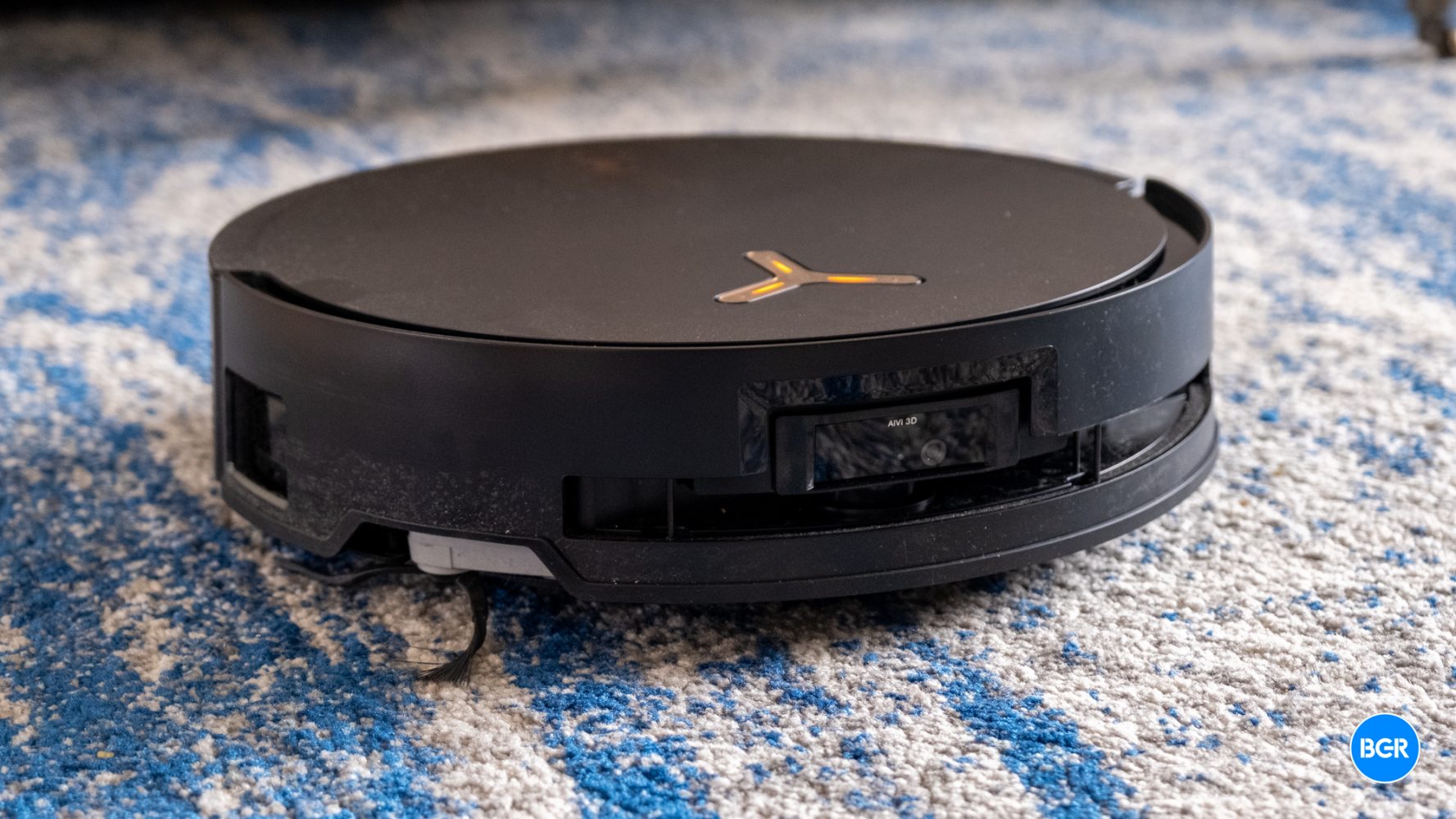ASTURIAS, SPAIN - OCTOBER 28: Yann LeCun arrives at the "Princesa de Asturias" Awards 2022 at Teatro ...
More Campoamor on October 28, 2022 in Asturias, Spain. (Photo by Samuel de Roman/Getty Images) AI is a big deal. What does it mean? How do we decipher the hockey stick projection around AI’s increasing dominance in markets and industries? Much of this people can understand intuitively – that models are increasingly giving us the answers we need, in our jobs, in our creative endeavors, and elsewhere.

But we can also learn from experts who are closest to this field – and who have extensive experience tracking the nature of AI as it develops. In addition to what he contributed to panels and other segments at Davos in January, I spoke to Yann LeCun, former head of Meta research, about where we’re headed. First, LeCun urged us to have a clearheaded idea of the future of AI progress.
He noted that an exponential curve looks like the beginning of a sigmoid function, and that everything saturates after a while. “You have to be realistic about what the progress is going to be,” he said. “It's not an exponential, it's a succession of exponentials.
.. when a first exponential starts saturating, you come up with a new paradigm that continues.
And when you are in the trenches of research, you have to come up with those new paradigms. And they don't just occur.” In response to some of my questions about AI, LeCun gave four bullet points that we can be thinking about.
I’ll present them one at a time: LeCun indicated that a lot of hype on both sides doesn’t take into account the reality of AI‘s past performance, and realistic projections for the future. Again, LeCun stressed that things are going to be different in a few years. “Don't think (that) generative AI is the end-all be-all, and self-supervised learning of simple sequences is going to solve every one of the world's problems,” he said.
“We're going to need a new paradigm for making machines understand the physical world, have memory, being able to reason and plan.” Here, LeCun remarked on the value of open source systems, as he has in the past. “AI needs to be disseminated widely,” he said.
“It needs to be able to speak all the languages in the world, understand all the cultures and everything. And that will require open source platforms. They're very expensive to train at the moment, so only a few .
.. can do it, .
.. it's really important.
” Essentially, the point here is that we need to have this diversity because AI will be doing so much for us. Some of LeCun’s input here was that there should be “no regulatory capture” that impedes vibrant use. There was also this funny moment when I asked LeCun about his own AI routine: Do you use it to brush your teeth? LeCun indicated he does use AI to be creative, and talked about using it to write code.
As for whether a young generation of coders will be harmed by having these tools at their disposal, LeCun was somewhat dismissive, noting that past concerns about things like the calculator turned out to be largely unfounded. I wanted to include this as we head into the spring season, with all of the exciting upcoming events and conferences on the horizon. We can see that business is serious about integrating AI in these ways, and that will take work.
.
Technology

Driving Toward The Future: Yann LeCun Opines On The Shape Of AI

Here’s some input from an industry leader on what we’re looking at with rapidly evolving technologies.















